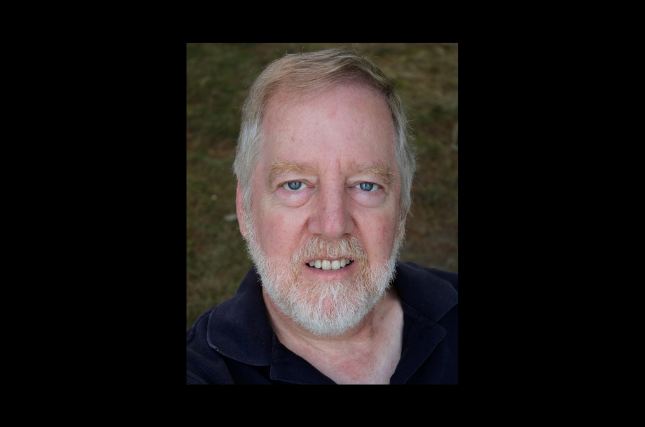
August 14, 2025 – Americans reveal in a new study how they weigh disparate tradeoffs—health versus dignity, income versus rights, convenience versus environmental quality, and other ‘apples and oranges” issues, which are difficult to measure.
According to research published in the National Bureau of Economic Research, the answers revealed consistent patterns in how ordinary people assign value to very different aspects of life, offering a practical way to compare “apples and oranges” in policy decisions. The approach could help governments, hospitals, and other institutions design choices that reflect real human priorities.
The study was led by Professor Ori Heffetz of the Hebrew University of Jerusalem Bogen Family Department of Economics & Federmann Center for the Study of Rationality, along with Prof. Daniel J. Benjamin, UCLA; Prof. Kristen B. Cooper, Gordon College; Prof. Miles S. Kimball, University of Colorado; and Ph.D. student Tushar Kundu, Columbia University.
“We often talk about values as if they’re impossible to compare,” the researchers said. “But when you give people a clear choice, they reveal a lot about what really matters to them.”
Turning Intuition into Data
In the survey of U.S respondents, the research team asked people to make a series of tradeoffs between things that typically don’t get compared: health versus family, income versus dignity, convenience versus rights. How much happiness would you give up if your local air quality worsened? What is it worth to feel respected in your community? The responses revealed not just priorities—but a new, practical way to measure them.
The Problem with Apples and Oranges
Economists and policymakers have long struggled with comparing so-called “apples and oranges” when designing policies. How do you weigh public health against freedom of speech? Jobs versus environmental protection? This study shows that the public is not only capable of answering such questions, but that their collective responses form consistent patterns that can guide tough policy decisions.
In one striking result, the authors found that individuals are surprisingly coherent in how they assign value across domains—even if they start from different personal experiences. This suggests that well-constructed surveys can meaningfully capture what people consider a “better” life.
A Tool for Policy, Grounded in Humanity
The study ventures beyond academic theory. It offers a practical framework for institutions like governments, hospitals, or international agencies to evaluate policy tradeoffs using real human judgments, rather than arbitrary dollar values or political ideology.
“We’re offering a scientifically grounded, yet deeply human, approach to measuring wellbeing,” the researchers said. “It’s about listening to people when they tell us what matters most to them—and then using that to make better decisions.”
The research paper titled “What do People Want” is now available in the National Bureau of Economic Research and can be accessed here.
Researchers:
Daniel J. Benjamin1, Kristen B. Cooper2, Ori Heffetz3,4, Miles S. Kimball5, Tushar Kundu6
Institutions:
- University of California (UCLA)
- Gordon College (Wenham, MA)
- Department of Economics and Center for Rationality, Hebrew University of Jerusalem, Jerusalem, Israel
- Cornell University
- University of Colorado Boulder
- Columbia University



